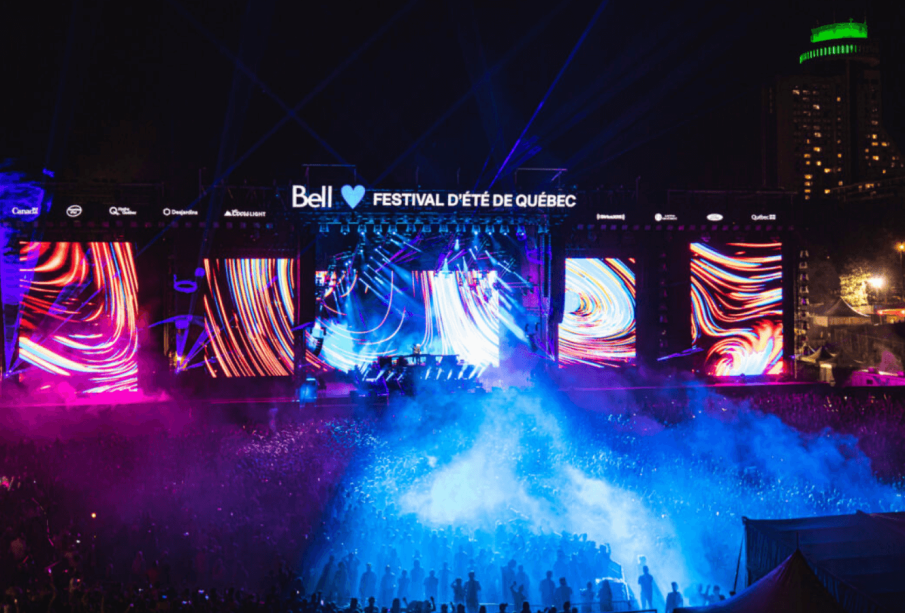Exploring the Festival d’été de Québec (FEQ)

Introduction
The Festival d’été de Québec (FEQ) is one of Canada’s most significant musical festivals, held annually in the vibrant city of Quebec. This 11-day event attracts hundreds of thousands of visitors from around the world, making it a vital part of the cultural and tourism landscape of Quebec. With its diverse lineup of artists spanning various genres, the festival not only promotes cultural enrichment but also stimulates the local economy, drawing attention to the city’s historical sites and attractions.
Details of the Festival
Founded in 1968, the FEQ has evolved from a small local event to an internationally renowned festival, featuring over 300 performances across multiple stages. This year’s festival, which took place from July 6 to July 16, saw performances from artists such as The Weeknd, Janelle Monáe, and Halsey, alongside local talents, ensuring a mix of international and homegrown musical acts.
The festival caters to diverse demographics, incorporating not only rock, pop, and electronic music, but also folk, jazz, and classical. This year marked several unique offerings, including free performances, workshops, and collaborative events with local artists, further emphasizing its integration within the community.
Economic Impact
The impact of the FEQ on the local economy is significant. According to estimates, the festival generates more than $40 million in economic activity for the city. Hotels, restaurants, and local businesses experience a notable surge in customers during the festival period. Moreover, the event creates many temporary jobs, contributing positively to the city’s employment rate during the summer months.
Conclusion
The Festival d’été de Québec stands as a testament to the cultural richness of Quebec and its ability to unite people through the universal language of music. As it continues to grow, the FEQ not only showcases a wide array of artistic talent but also serves as a critical economic engine for the region. Looking toward the future, organizers aim to expand the festival’s outreach, perhaps incorporating even more international acts and enhancing partnerships within the community because of its importance as a cultural landmark. For both locals and tourists, the festival remains a must-experience event, fostering a sense of community and celebrating the arts.









